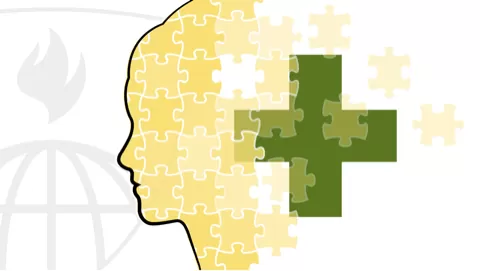This course ‘Unethical decision making in organizations : A seminar on the dark side of the force’ will teach you how strong organizational contexts push good people towards unethical decisions. You will also learn how to protect yourself and your organization against such forces lurking in the dark.
About the Course
This course teaches how narrow frames and strong contexts can push good people towards unethical decisions and how they can protect themselves and their organization against ethical blindness.
The goal of this course is to empower the participants to analyze the risks of unethical or illegal behavior that might be triggered by powerful contexts. It draws from various disciplines such as management, psychology, sociology, philosophy, and literature, in order to learn what these disciplines contribute to a better understanding of unethical behavior. The course also analyzes some of the most prominent organizational scandals of the recent decades through the lenses of these disciplines.
Whenever we hear about ethical scandals, we tend to believe that unethical or illegal behaviour in organizations is driven by character deficiencies of individual actors. Put differently, we simply assume that bad things are done by bad people. However, numerous corporate scandals have demonstrated that even people with a high level of integrity can break the rules if they are put into a strong context.
A better understanding of why and under what conditions good people make bad ethical decisions will enable us to better protect individuals as well as their respective organizations against the potentially overwhelming power of the context. It will also enable us to cure societies from problems like corruption.
At the end of the course, you are able to:
1. Explain the impact of social context on individual decision making using various theories (from Management, Sociology, Psychology, and Philosophy)
2. Apply these theories to the analysis of some of the most eminent organizational scandals of the recent decades
3. Assess risks of ethical blindness in your own organizational context
4. Design interventions to reduce such risks for yourself and your organization
Recommended Background
No background expertise is required. The course is open for interested layperson as well as experts who work on related topics, be it as researchers or practitioners (e.g., compliance managers in corporations).
Why is this course important for me?
Currently, the understanding of why good people make unethical decisions is rather limited, related research is rather fragmented, and the management of such problems in organizations is overly simplistic, legalistic, and inadequate. Understanding contexts, including the dangers of routines, the mindlessness of our daily decisions, and the healing power of mindful decision-making routines is of increasing importance. In this course, you will learn the latest knowledge and the appropriate tool box for dealing with ethical challenges that you will face throughout your life!
What do I need to follow this course?
We build bridges between various scientific disciplines and will familiarize you with those disciplines smoothly. You need no expertise, just come and share your own real-world experiences about unethical decisions. After all, we are all experts in making decisions—some more ethically, some less ethically—aren’t we?






